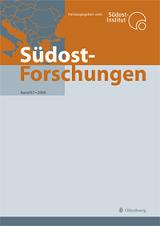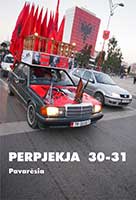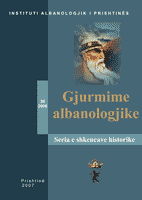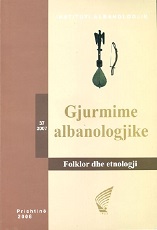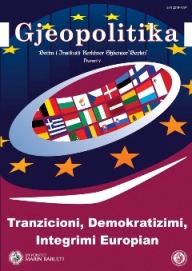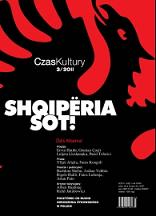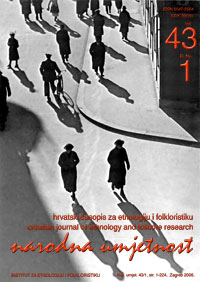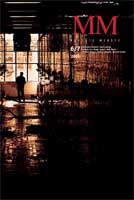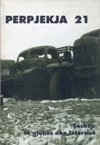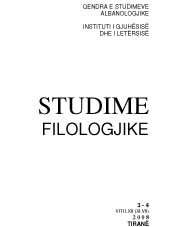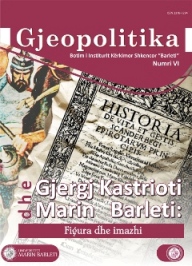CHAM EPIC FOLKLORE AS A VIVID PICTURE OF A LIFE EXTINGUISH
EPIKA FOLKLORIKE E ÇAMËRISË SI TABLO E GJALLË E NJË JETE TË SHUAR
Keywords: CHAM EPIC FOLKLORE ; VIVID PICTURE ; LIFE EXTINGUISH
Analysis presented in this paper and conclusions about some popular epic cycles of Cham province featuring the mighty acts of sacrifice and real martyrs in the last 50 years of the life of this song. Are concentrated as in heroic poetry, as well as the theme from the epic dramas of social life. Have outlined a coherent thematic paper shaft, highlighting the significant moral-psychological Albanians of this province, dominated bravery, duty to country and respect for customary law. The epic folk-oriented from concrete life is realistic when dealing with social life figured dramas and historical chronicle faithfully represents the salient episodes represents people's struggle for freedom and to preserve the entirety of indigenous lands. Typically, the hero, even in moments of death, makes life with a conclusion sentence that expresses that he is giving life to the national cause and function in accordance with the collective ideal, while the family awaits his death with extraordinary stoicism. But killing the murderer in poetry with social theme as fitting punishment is expected not only from family, but also by the victims in the last moments of life, indicating an unusual humanism, although more bloody situations. Separate analysis of songs that have become the focus of recent drama of this province. While today's reading of this epic seems to constitute an act of resurrection province and stuffing its former life.
More...

